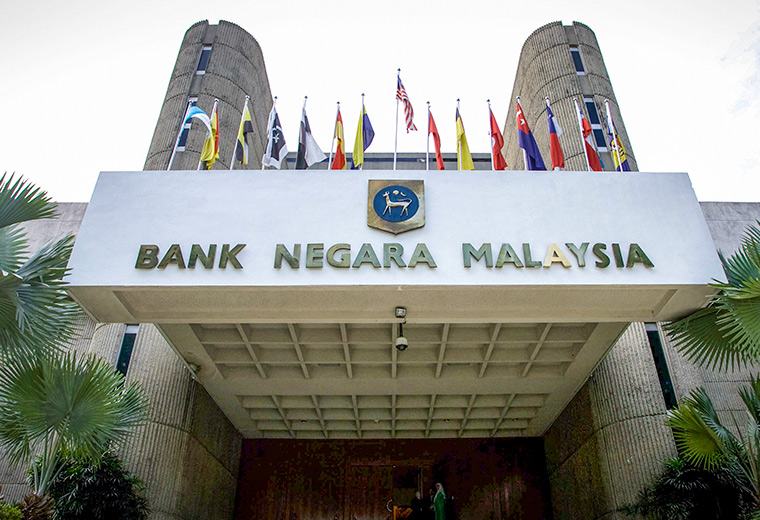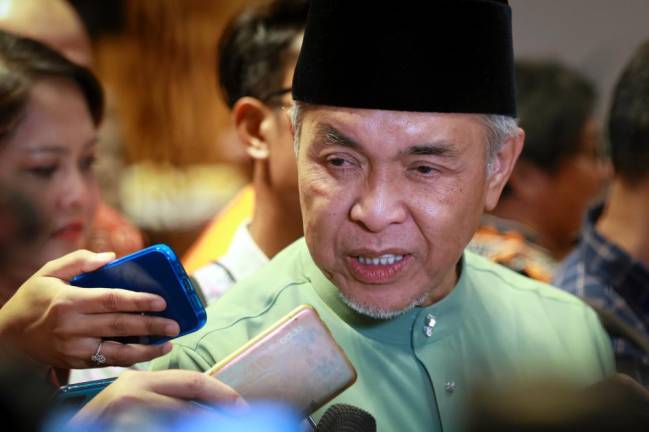PETALING JAYA: It is widely expected that Bank Negara Malaysia (BNM) will make a 25 basis point (bps) cut to the Overnight Policy Rate (OPR) at the Monetary Policy Committee meeting on Wednesday, but perhaps it might serve the economy better if the central bank takes more drastic measures and reduces the benchmark rate by 50 bps instead, an analyst told SunBiz.
“At the moment, things are rather flat for the economy despite infrastructure projects being revived. On the retail side, spending power is lower now, and there doesn’t seem to be much impact from what the government has been doing so far.
“Cutting interest rates can have an impact, but only if it’s more than 25 bps at one go, since that is what everyone expects BNM to do,” he said.
The last OPR cut was done in May 2019, when BNM slashed 25 bps off the benchmark lending rate to bring it to 3% from 3.25%.
The last time the central bank took aggressive easing measures was in January 2009, when it cut interest rates by 75 bps to 2.5% from 3.25%, and then again in February of the same year by 50bps to 2% from 2.5%.
The analyst explained that having a more aggressive cut could help stimulate spending in terms of house purchases, or encourage more SMEs to approach banks for financing.
“I feel Bank Negara is being a bit too cautious, as they are waiting and taking their cues from the government’s actions, but if they wait too long, it might be too late to try and help stimulate the economy,” he said.
Economists have been cautious about this year’s growth with OCBC chief economist and head of treasury research & and strategy Selena Ling saying that the 4.8% growth target for 2020 could be “challenging” to meet.
Meanwhile, CGS-CIMB Research said it foresees a 50 bps rate cut this year, but in two phases.
“BNM has taken a cautious approach to reducing the OPR, lagging behind regional central banks in the easing cycle to allow for time to navigate cross-currents, including the outcome of the first phase of US-China trade negotiations and the impact of a mildly expansionary Budget 2020 on Malaysia’s growth trajectory.
“A cautious global outlook and hairline cracks in domestic resilience warrant further monetary loosening, in our view. We reiterate our view of two 25bp OPR cuts in the next 12 months, with an unchanged end-2020 forecast of 2.5%,” it said.
However, UOB senior economist Julia Goh told SunBiz that present economic and market conditions would not warrant such aggressive easing measures and, thus, UOB has pencilled in a rate cut of only 25 bps in the first quarter this year.
The World Bank has trimmed its global growth forecasts for 2019 and 2020 due to a slower-than-expected recovery in trade and investment despite cooler trade tensions between the US and China. China saw its economic growth cooling to its weakest in nearly 30 years in 2019 on the back of the trade spat and weaker demand.










